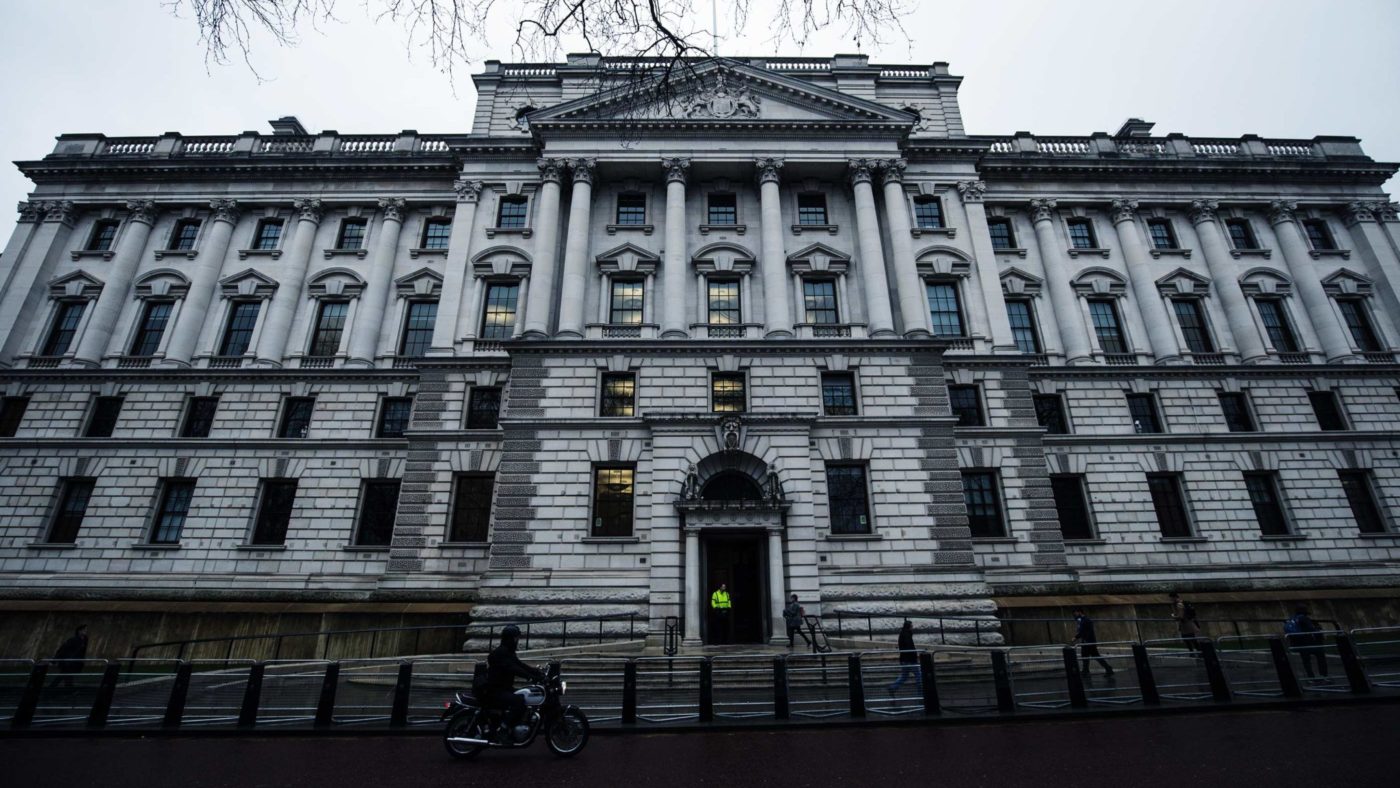It’s official. Brexit will make us poorer. Or at least that is what a slew of economic forecasts published this week all claimed.
The Treasury, the Bank of England and the National Institute of Economic and Social Research (NIESR) have had their say, and have all concluded that the further Britain drifts from the European Union, the worse off it will be.
There is an obvious echo here of the 2016 referendum campaign, in which endless papers were produced outlining the economic drawbacks of Leave – only to be met by salvos of counter-analysis. The most obvious point made, which is still valid today, is that most of these reports assume no change elsewhere – when obviously the impact of Brexit will depend not only on the costs and opportunities our future relationship with Europe presents us with, but how we respond.
But leaving to one side the eyebrow-raising predictions of the costs of a disorderly no deal Brexit (disputed this week by Andrew Lilico on CapX), the accidental lesson from all these forecasts is that Brexit is not primarily an economic question.
Consider the findings of the NIESR’s study, commissioned by the campaign for a second referendum and examined in some detail by Julian Jessop for CapX. They predict that a scenario in which Theresa May’s Brexit deal is eventually followed by a free trade agreement with the EU would leave the UK 3.9 per cent worse off in 2030 than it would have been if we stayed in the EU.
Economic growth is a precious thing, and the burden of proof should always be on those advocating policies that threaten it. But if NIESR are right, we are talking about a figure that averages out at less than 0.1 per cent a quarter.
Contrast the economic impact of Brexit with the big technological changes that our society also faces – as Open Europe did in their recent report on No Deal – and the impact is put into perspective. According to one PwC study, UK GDP could be 10.3 per cent higher by 2030 thanks to advances in artificial intelligence, for example.
And yet, the economic debate in Britain since 2016 has been consumed by our decision to leave the EU. Brexit is blamed for virtually every piece of bad news, while no piece of good economic news can pass without a Leaver making an ironic boast that it is happening ‘#despitebrexit’.
Remainers continue to be confounded by the fact that Leavers voted against the country’s economic interests. They scratch their heads and wonder how millions could make such an economically irrational decision. But even if it is economically irrational (which many Leavers would obviously dispute), such decisions are made in politics every single day.
Why aren’t we concreting over the green belt in order to bump up GDP? Why do we spend on healing the elderly rather than pumping the money into super-fast broadband? Why do we spend money on Trident, or overseas aid, or letting people into museums for free? If GDP were the only criterion that mattered, the shape of our state – and our society – would be very different.
There are, of course, many areas where we really should pay more attention to growth impacts. It has suddenly become a point of political consensus that tech firms need to be better regulated. But the question Britain should be asking is how it can create more tech giants of its own, not how it can punish the Americans for their success.
As Sam Dumitriu pointed out on CapX this week, we are already paying a price for privacy regulations introduced by the EU last year. A recent paper found that aggregate investment in the EU’s tech ecosystem fell by 40 per cent after GDPR came into effect.
If Britain’s political class saw the technological changes transforming our economy as opportunities not threats, they could help British business unlock growth that makes the forecast cost of leaving the EU look like small beer.
Instead, we engage in a bitter Brexit debate that takes GDP as the only possible yardstick – and thereby ignores the wood for the trees.
This article is taken from CapX’s Weekly Briefing email. Sign up here.


